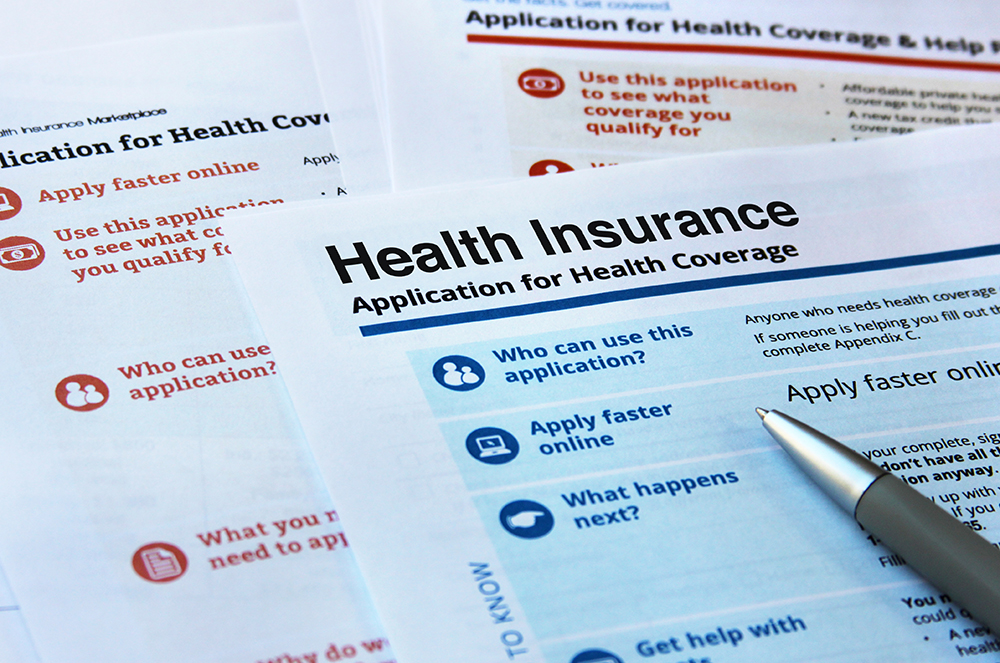
Are you looking for the best policy that can lead to a happy and healthy life? Health insurance is a useful tool to have when dealing with the high cost of medical emergencies.
You should not wait until the last minute to get insurance; instead, make sure you have adequate protection to see you through any unexpected medical expenses. Not too sure if you need it, or what are some of the most important things to check? The following list will help with all of your questions.
7 Things to check before taking out private health insurance
1. Find the right cover that suits you
There are numerous private health insurance plans available with different perks and coverage tiers these days. How to know what you may need for yourself, or for your entire family? Take a close look at the location of medical care (e.g., selecting a hospital list). The level of coverage you choose will have an impact on both the premium you pay and the future medical costs your health insurance will cover.
Because of this, it’s essential that you research the various types of coverage available before signing a contract so that you can make an informed choice.
2. Your age will play a role
Age is a major consideration when picking a health insurance program. When choosing a health insurance plan, it is important to think about the age of all family members who will be covered under the policy.
Similar to family floater insurance, the premium would be calculated using the oldest family member’s age.Investigate any age limits associated with the health insurance plan you’re considering purchasing.
For example: the minimum age to enroll in certain health plans is 91 days and the maximum age to enroll is 60 years. Additionally, other policies include minimum and maximum age requirements of 25 and 50, respectively.
However, there are programs that do not have an age requirement for participation.
3. Learn how much you can claim and when

When signing up for private health insurance for the first time or expanding your current level of coverage, there are frequent waiting periods involved.
When you shop, take in mind that waiting periods affect both supplementary and hospital coverage.
This comprises:
Hospital and auxiliary product warranties typically have a duration of two to twelve months.For a full year, pre-existing problems are covered.Pregnancy and delivery-related services are offered for a full year.
Hospice, physical therapy, and mental health care are all included in the two-month treatment period.Find out whether your supplemental coverage has any restrictions as well. For instance, you can only deduct a certain amount from your taxes each year if a service has an annual cap.
4. Who doesn’t need private insurance?
You don’t need private medical insurance if you are covered by your employer’s benefits package or the National Health Service (NHS).
Only the most fundamental insurance policies, such as those for your automobile and home, are within your financial means.
If you have dependents, high-interest debt to pay off, and no savings, those are better investments than commercial health insurance.
In some cases, saving up for and paying for medical care out of pocket can be more cost-effective than maintaining health insurance. This can truly vary for each individual.
5. Who needs a premium package
Beyond just the coverage and deductible you choose, a number of other factors affect the price of private medical insurance.
While age is often the only element that has the most impact on your rate, each health insurance carrier has its unique algorithm.
Age increases the likelihood of needing medical care, which increases the cost of the premium to cover that risk.
Your geographic location (expensive areas and major cities would have higher premiums), health, and lifestyle choices may also have an impact on your private health insurance price (such as smoking and drinking).
It is therefore in your best advantage to shop around and compare costs from several medical insurance providers till you find the best option.
The cheapest option isn’t always the best, therefore it’s important to consider your own particular needs and priorities.
6. Maternity expenses can be important

It’s a common mistake to overlook maternity coverage while shopping for health insurance.
Given the astronomical expense of giving birth and receiving maternity care, it is prudent to select a health plan that covers these expenses.
There is typically a 2- to a 4-year waiting period before you can apply for benefits.
To illustrate, if you want to get married or start a family in three years, a plan with a two-year waiting time will work for you.
Choose a policy that not only pays for the cost of giving birth, but also for the newborn baby’s initial medical care.
7. You can make it more affordable
Changing some elements of your private health insurance plan could result in a decrease in your premium.
You can minimize your medical insurance premiums by agreeing to pay a bigger “extra” (out-of-pocket expense) if you choose hospitalization coverage.
Whether you require medical care for one day or one month, your deductible will not change.
Each day that you are hospitalized, you will be required to make a co-payment.
If you know the length of your hospital stay and your co-payment is less than the extra, it may be more cost-effective.
No matter the length of your stay, you will only be required to pay a maximum copayment amount.

Where to find health care that works for you?
If you want the best for yourself & your family make sure that you check out Fair Health Care. This is an Australian health insurance comparison service that provides private health insurance advice built around trust and transparency. By getting in touch with them, you can get an accurate quote while knowing that you’re in safe hands. They offer private hospital stays, ambulance covers, and other major benefits. Check them out and see for yourself.








